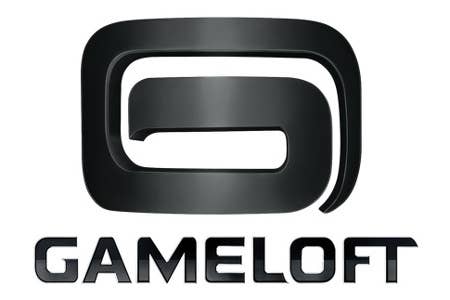Gameloft: Cash in the Attic
SVP of publishing Gonzague de Vallois on the shift to mobile social, copycatting and the Gree partnership
Unless you've been paying close attention, French mobile publisher Gameloft is probably bigger than you think. Michel Guillemot's firm now employs 4,500 developers, working in 25 studios around the globe. It's also moving rapidly into new markets, with the recently announced partnership with Japanese social mobile company Gree being a prime example of Gameloft's forward thinking.
At the event arranged to announce that partnership, for card battling game Gang Domination, GamesIndustry.biz caught up with the company's vice president of worldwide publishing Gonzague De Vallois to discuss the move, as well as the shift to social mobile gaming, operating as a worldwide concern and Gameloft's policy on copycatting.
It's just the one game for now. It's a young relationship which we're building with Gree, so one game for now. We'll see how it grows, but for now it's just one game, Gang Domination.
Yes, that's the goal.
It's a combination of the random winning system and the regular store which you see in most free-to-play games. We think it can be just as exciting, as long as it's fair. That's where the tuning is and that's where Gree is very good.
"Our interest is that Gree is a very strong leader in mobile social in Japan - they're a very strong partner and that's always interesting to work with."
It can be very exciting not to know what you'll gain, as long as you know it will be significant. In this way you can win the best cards in the short or mid term. As long as it's well balanced and you don't cheat people the experience can be really good.
It's for a combined global market, it's for worldwide release. It's true that the art you saw this morning is in an Asian style, but there will be three different gangs from different areas so it will be fairly balanced between Asian and Western styles.
The gameplay is very Japanese styled. Gamecards are very successful there but they haven't yet expanded to the Western world, but we see things in our portfolio like UNO, which are game cards and do very well. We're pretty confident it will work worldwide.
That's really the goal of the new Gree platform, they're merging their Japanese platform with the Open Feint platform so it's a worldwide network.
It's really more of a distribution deal. We have to make sure, as they own the platform, that we have enough information on the metrics to fine tune the game to optimise the consumer experience. So it's distribution, but they're very much experts on this type of game and the Japanese market so we'll adapt the game depending on the metrics that they provide.
Our interest is that Gree is a very strong leader in mobile social in Japan - they're a very strong partner and that's always interesting to work with. Secondly they are very strong experts in the card game style that we're working on. It's a new platform so we're not signing with Gree against Apple or Google. We think it's an interesting segment. We're adding a new platform.
We've been working with 200 carriers, different OS owners, different OEM stores. So, Samsung apps can be a competitor to Google Marketplace, to Amazon App store etc. We have many different partners, Gree is a new partner that we think is potentially very strong, but it's a new partner rather than one which is competing with existing ones.
As far as I understand it, yes.
"If you look at our output for the last six months, it's a major evolution and shift to more social experiences."
The goal of those 25 studios is to have expertise and local guys who can design games specifically for their market. For example, when we do NFL, the game is done in our New York studio. We wouldn't do it in our Beijing studio, for example. That's why we think that this deal with Gree will work, because it's our Japanese studio that's working with Gree.
So the goal of those local studios is to be able to develop local games for each territory.
If you look at our output for the last six months, it's a major evolution and shift to more social experiences. That's where I think we're aligned with Gree on the vision that mobile games will get more social. We think it's a deep trend in the market. Where it's happening in Japan, it's also happening in Europe and the US.

